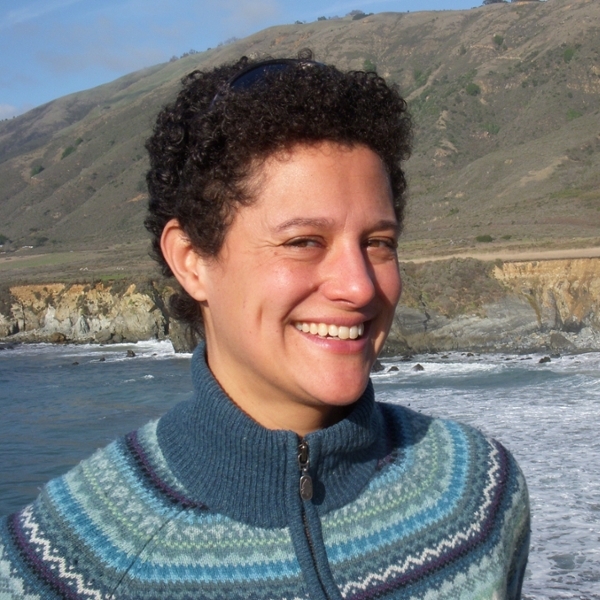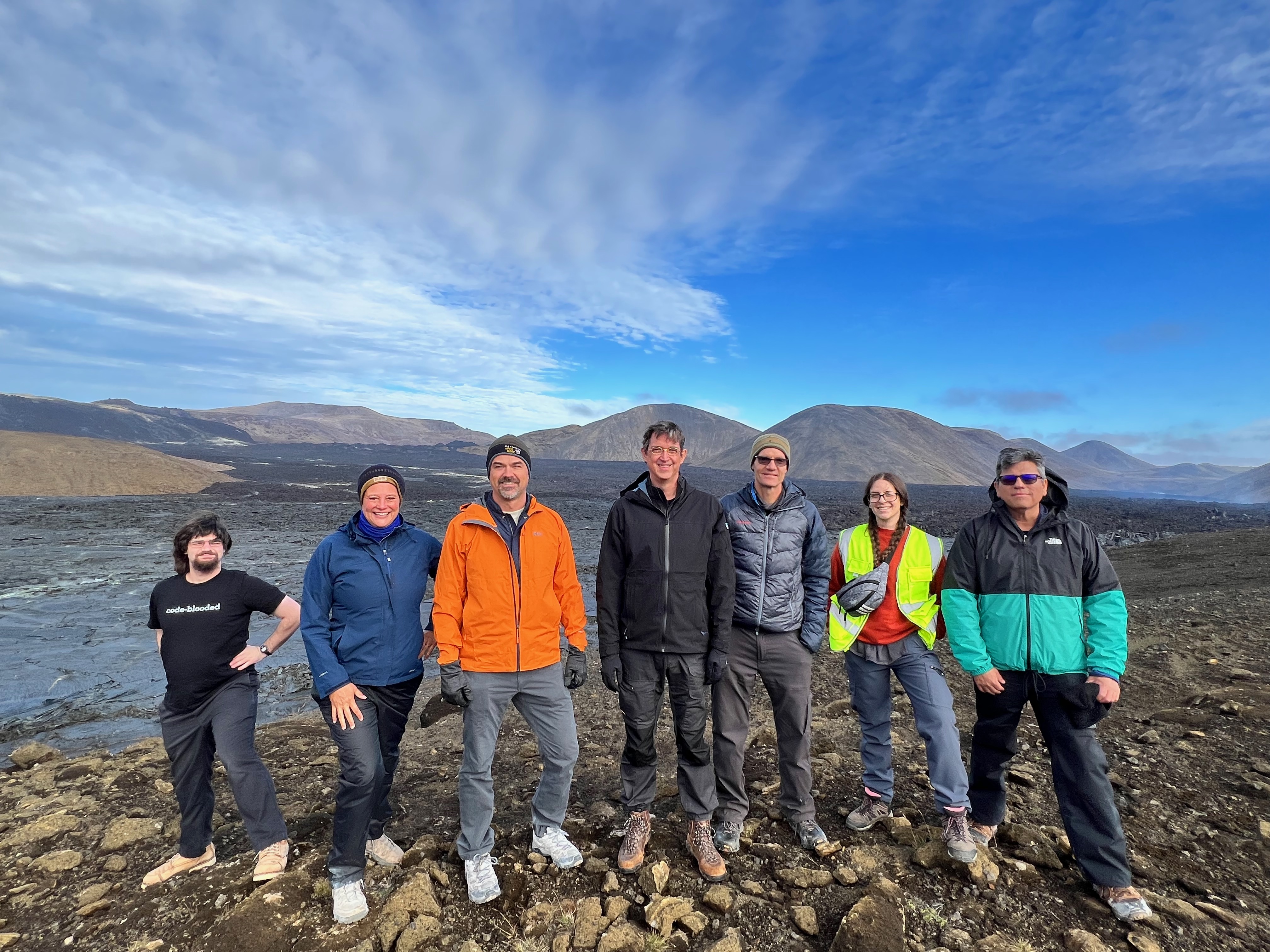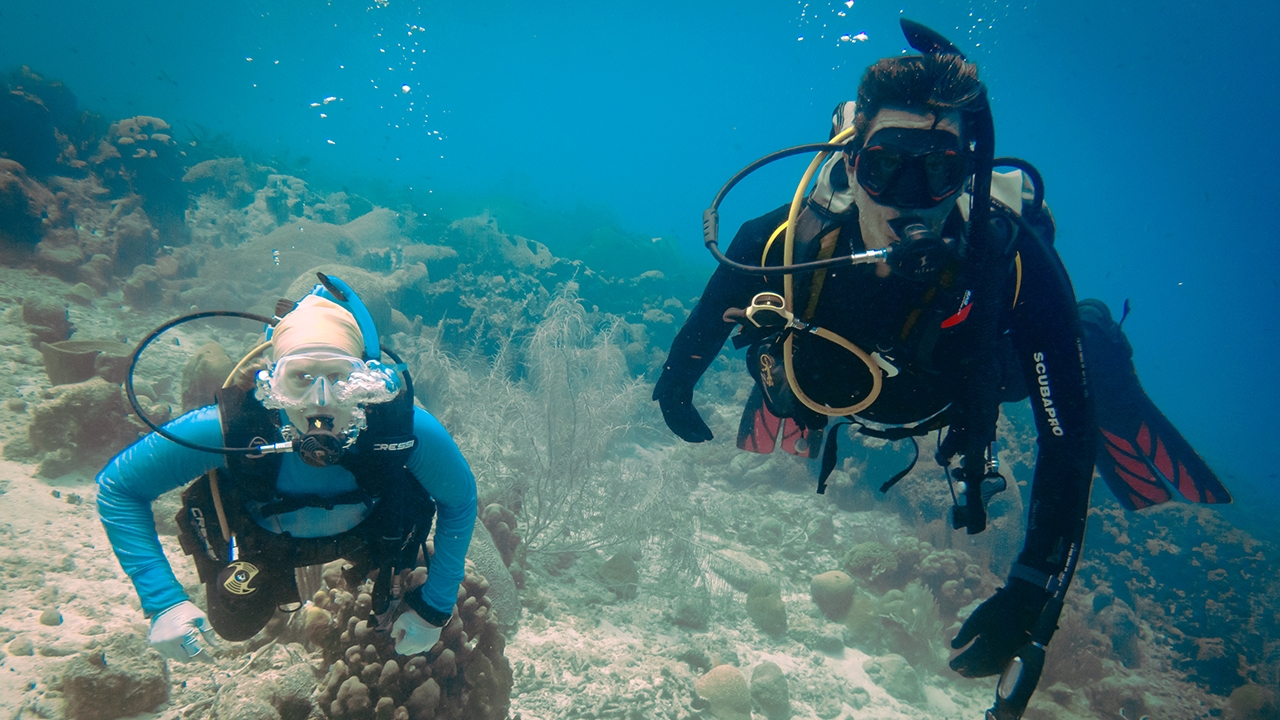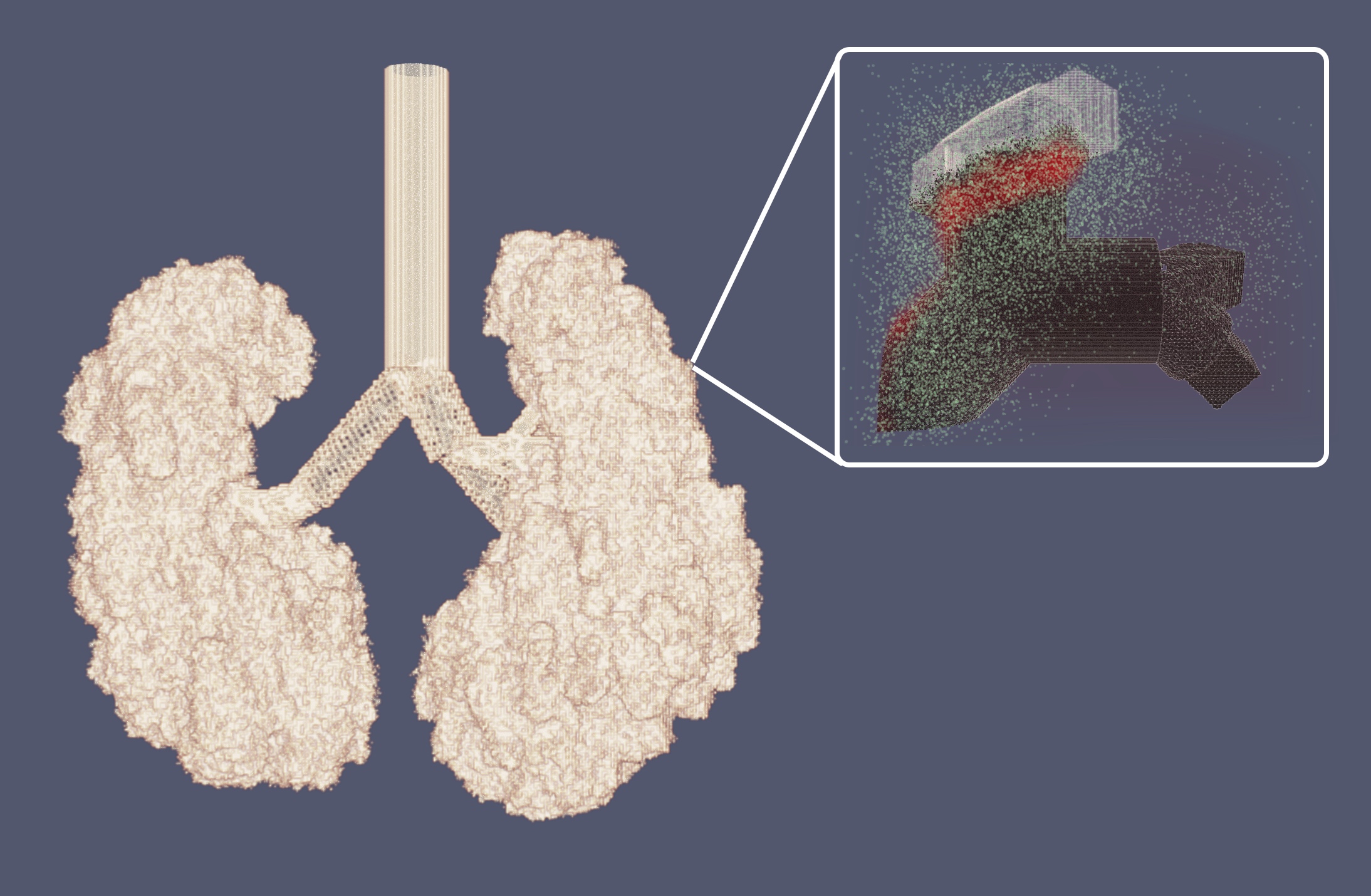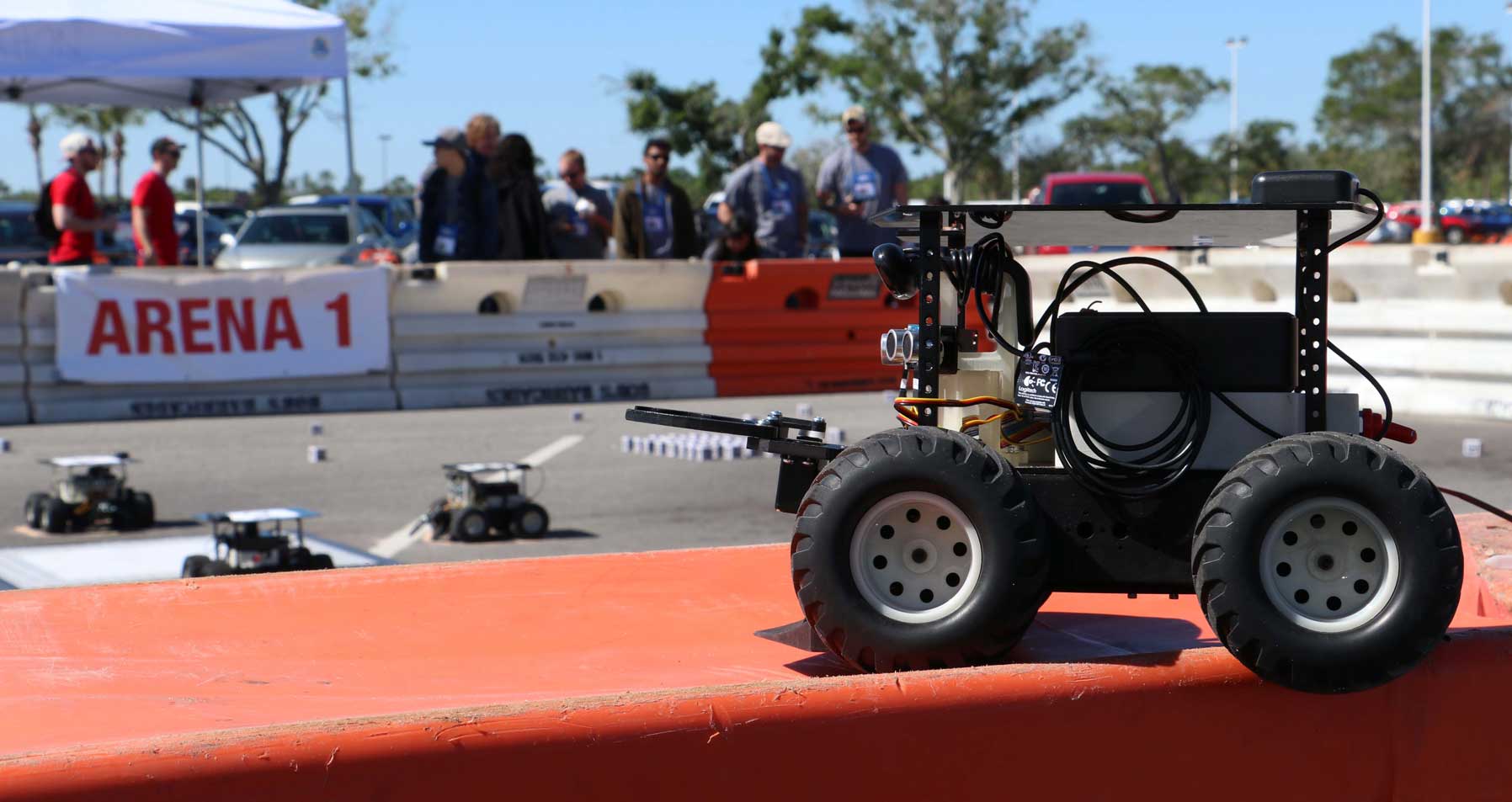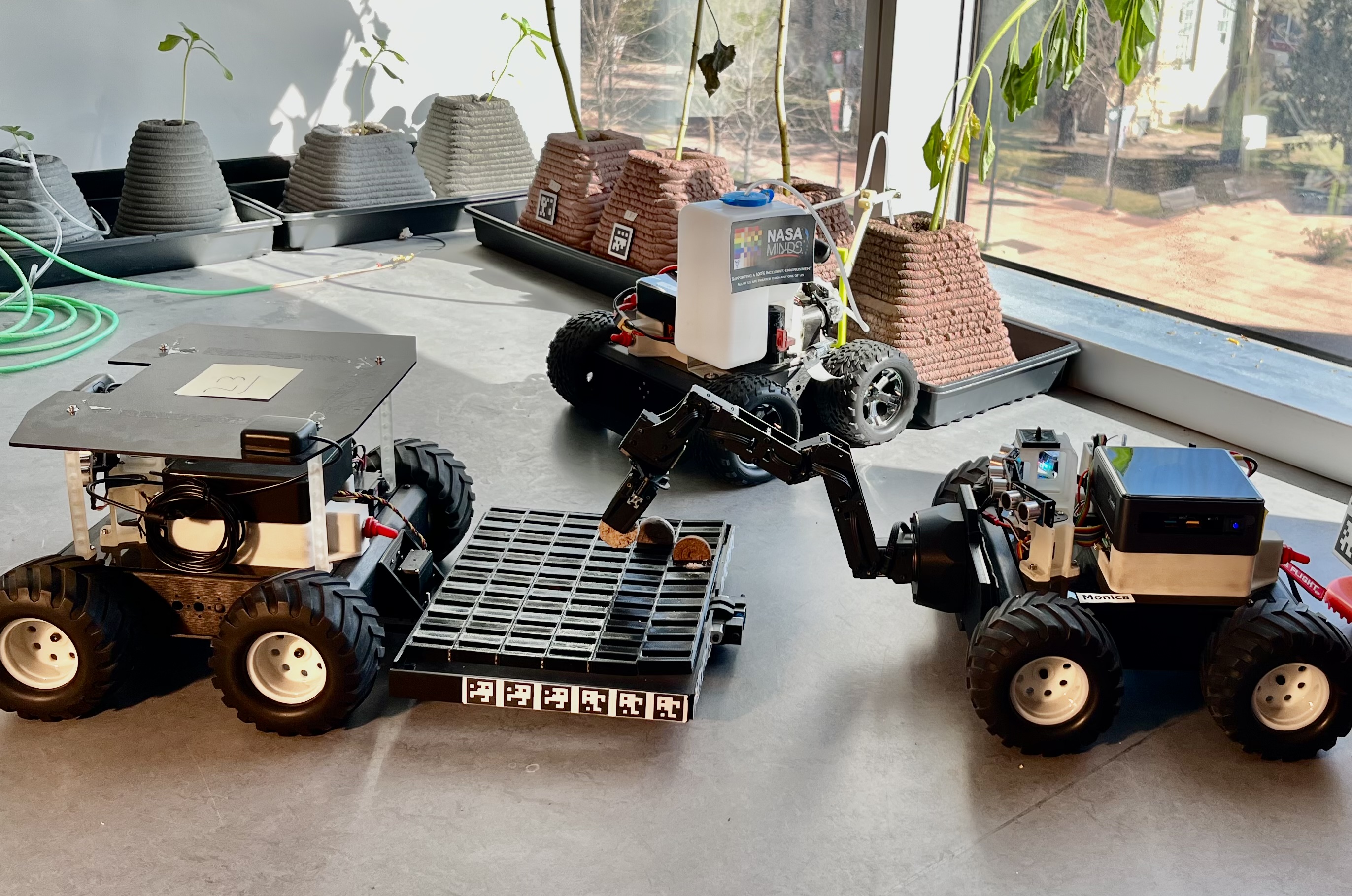Successful long-term missions to the moon and Mars will depend upon a robust food and medicine supply. However, material delivery and plant cultivation would be costly in fuel and personnel hours.
CHILIHOUSE is a transdisciplinary team dedicated to developing autonomous plant cultivation systems with in-situ resources in support of Artemis. Our goals are to develop a planting design suited to fully autonomous cultivation in an extra-terrestrial environment. To accomplish this we will add support for ROS2, machine learning, and dexterous arms to the current robot design; explore pest control, determine minimum plant water requirements, and improve plant nutritional uptake while reducing reliance on soil. Astronauts reported that living plants benefited their quality of life by providing fresh flavors and reminders of home.

